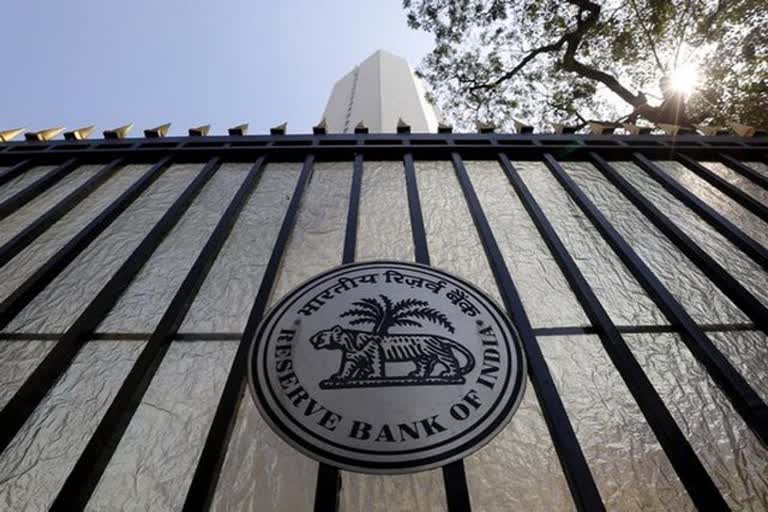Mumbai: The RBI on Tuesday lifted lending curbs on two more public sector banks (PSBs), Allahabad Bank and Corporation Bank, by removing them from its weak-bank watch list.
Private sector Dhanlaxmi Bank too has been taken out of the Prompt Corrective Action (PCA) Framework.
Earlier on January 31, Bank of India, Bank of Maharashtra and Oriental Bank of Commerce were taken out of the PCA Framework.
Read more:Several airports closed for commercial services
In a statement, the RBI said the Board for Financial Supervision (BFS) reviewed the performance of banks under PCA and noted that the government has infused fresh capital on February 21 into various banks including some of the banks currently under the PCA framework.
Of these banks, Allahabad Bank and Corporation Bank had received Rs 6,896 crore and Rs 9,086 crore, respectively.
Capital infusion, the RBI said, has shored up their capital funds and also increased their loan loss provision to ensure that the PCA parameters were complied with.

"Accordingly, based on the principles adopted by the BFS in its earlier meeting dated January 31, 2019, it was decided in the meeting held on February 26, 2019 that Allahabad Bank and Corporation Bank be taken out of the PCA Framework subject to certain conditions and continuous monitoring," RBI said.
The gross non-performing assets of Corporation Bank stood at 17.36 per cent of the gross advances at the end of December quarter of this fiscal, up from 15.92 per cent in the same period of previous fiscal.
For Allahabad Bank, the gross NPA rose to 17.81 per cent from 14.38 per cent a year ago.
RBI further said that it has also decided to take Dhanlaxmi Bank out of the PCA Framework, subject to certain conditions and continuous monitoring, as the bank is found to be not breaching any of the Risk Thresholds of the PCA Framework.
Dhanlaxmi Bank's gross non-performing assets (NPAs) rose to 8.11 per cent of the total advances, from 6.96 per cent at the end of the third quarter of 2017-18.

RBI also said that it will continuously monitor the performance of the banks under various parameters," the central bank said.
Five public sector banks -- United Bank of India, UCO Bank, Central Bank of India, Indian Overseas Bank and Dena Bank -- are still remain under PCA framework, which imposes lending restrictions and prevents them from expanding, among other curbs.
The PCA framework was one of the contentious issue between the government and the RBI. The government wanted the central bank to align the PCA framework to the global norms.
The PCA framework kicks in when banks breach any of the three key regulatory trigger points -- namely capital to risk weighted assets ratio, non-performing assets (NPA) and return on assets (RoA).
Globally, PCA kicks in only when banks slip on a single parameter of capital adequacy ratio, and the government and some of independent directors of the RBI board, like S Gurumurthy, are in favour of this practice being adopted for the domestic banking sector as well.

(Inputs from PTI)



